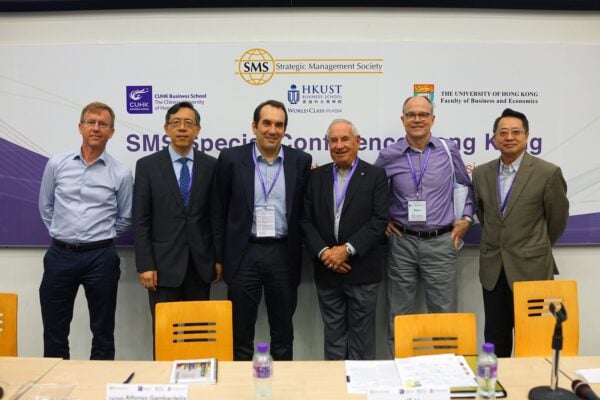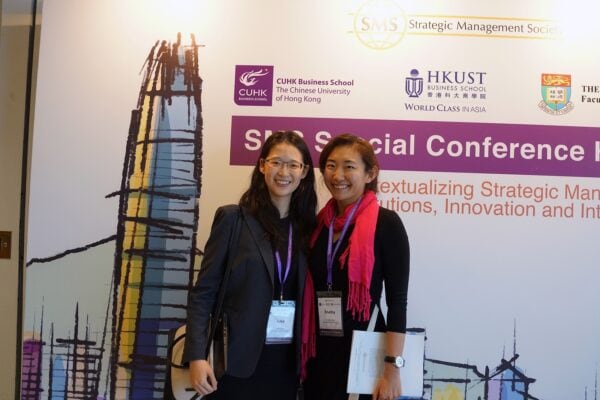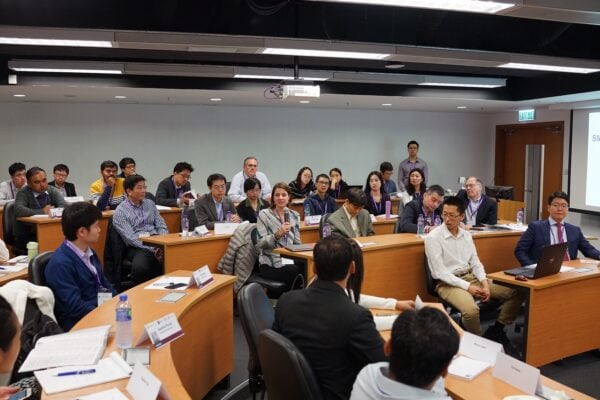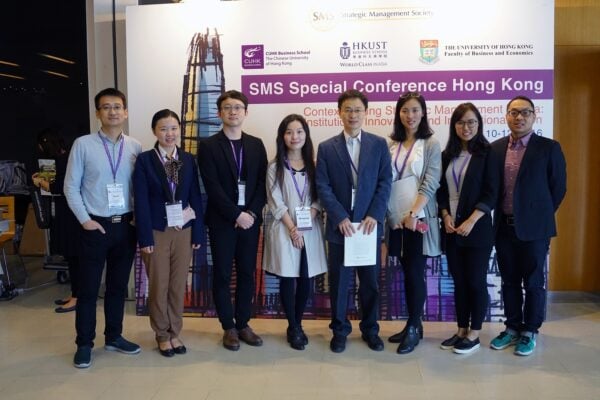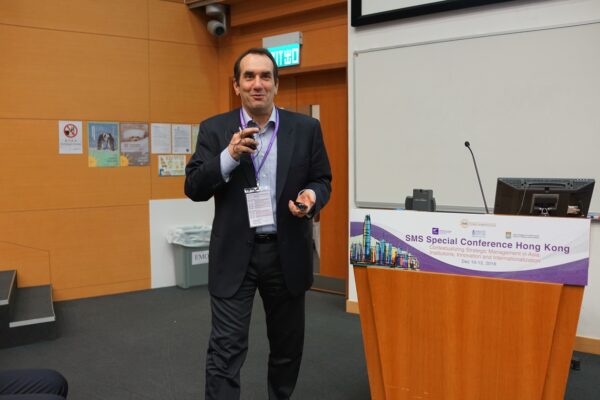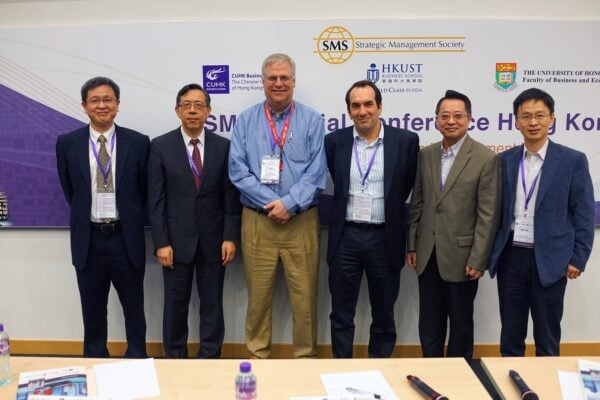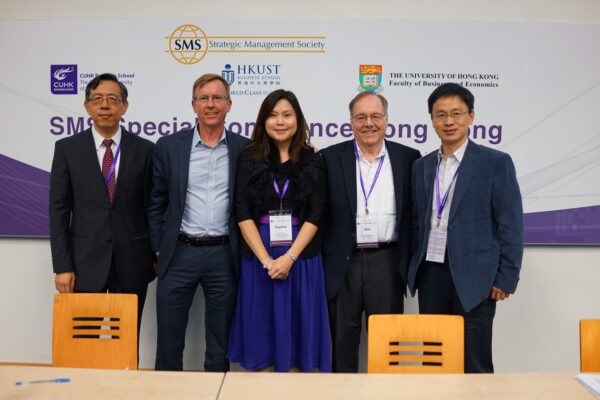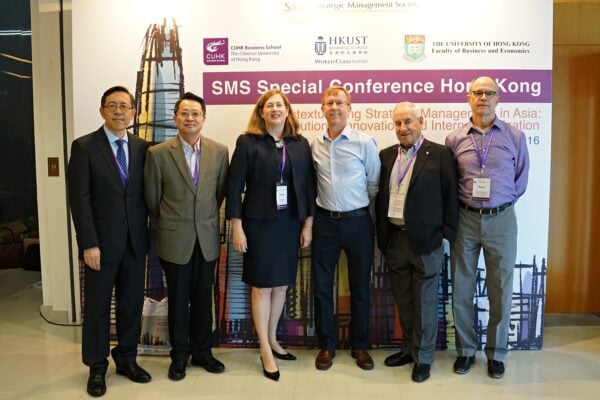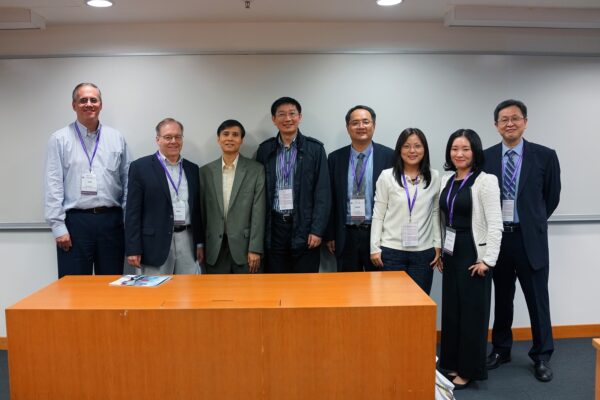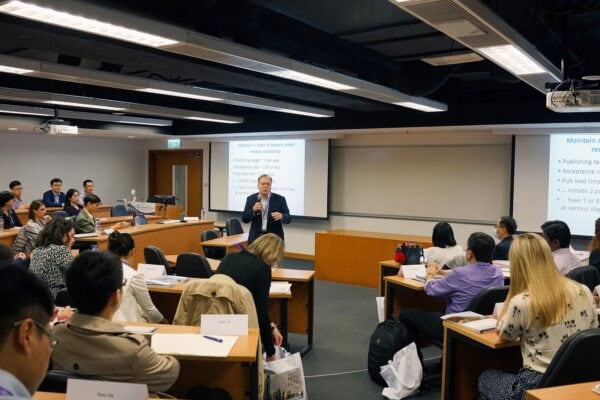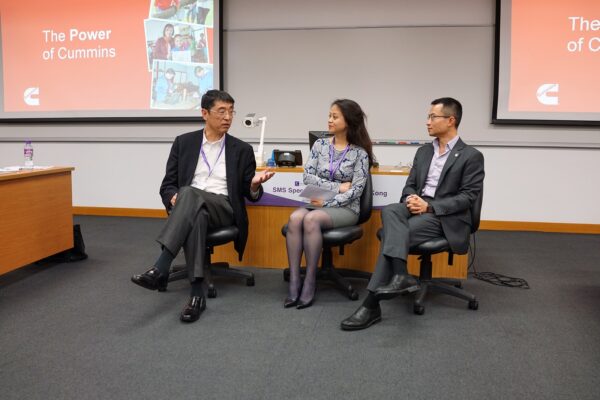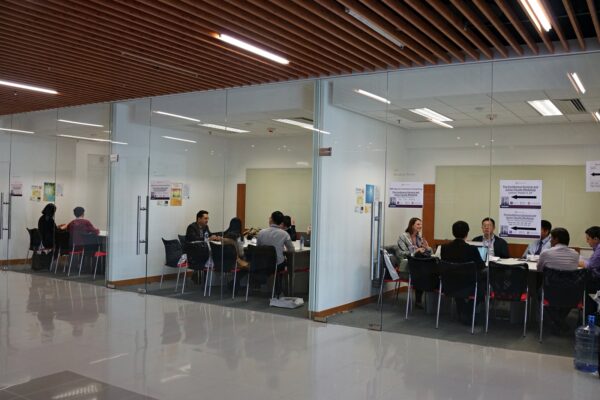Contextualizing Strategic Management in Asia: Institutions, Innovation and Internationalization
Since the 2008 financial crisis, the Asian economies have been an engine of global economic growth and Asia has become a central topic in global business and strategic management. However, the rise of Asia comes together with major challenges, especially in terms of massive transformation in its fundamental economic, social, political, and legal institutions. The recent anti-corruption campaign in China, for example, has profoundly shaped the ways of doing business there. Also, there has been uneven development among the countries of the Asian region, as evidenced by various data on economic growth and social conditions. How, then, can companies most effectively address the challenges brought by such institutional dynamics? What innovation models are particularly effective in Asian societies? What are the unique challenges of internationalization facing emerging market firms? How should local and multinational companies approach corporate social responsibility and sustainable development? How can we, as strategy scholars, contextualize such challenges and advance our theoretical development?
CALL FOR
PROPOSALS
Since the 2008 financial crisis, the Asian economies have been an engine of global economic growth. Accordingly, Asia has become a central topic in global business and strategic management, and has attracted both abundant attention and substantial investment from global firms.
However, the rise of Asia comes together with major challenges, especially in terms of massive transformation in its fundamental economic, social, political, and legal institutions. The recent anti-corruption campaign in China, for example, has profoundly shaped the ways of doing business there. The change of leadership in India has also created new ways of thinking and the development of new business models. How, then, can companies most effectively address the challenges brought by such changes? At the same time, there has been uneven development among the countries of the Asian region, as evidenced by various data on economic growth and social conditions. Companies from inside and outside the region have been closely following these developments and constantly exploring and developing location-specific advantages associated with their firm-specific assets.
What innovation models are particularly effective in Asian societies? What are the unique challenges of internationalization facing emerging market firms? What are the globalization paths they commonly follow? Given the unequal economic development and rising concerns about environmental and social issues in Asia, how should local and multinational companies approach corporate social responsibility and sustainable development?
Given these important questions and substantial challenges, we have developed the 3-Is (Institutions, Innovation, and Internationalization) as the theme for this special conference and call for contextualizing strategic management research and practice in Asia. Scholars will explore the limits of trying to apply existing theoretical perspectives in Asia, develop Asia-specific management theory and propose new theories tailored for Asian contexts. The emerging mixed ownership structures enable scholars to explore the potential of cooperation between public and private actors with differing social and economic interests. How can the public sector learn from the private sector through such cooperation, and vice versa? And what are the strategic choices and their performance implications for mixed-ownership enterprises?
As Asian governments have been striving to upgrade the industrial structure of their economies they have often called for organizations to cultivate innovation capability. Different paths to this goal have emerged. Some Asian firms have proved capable of developing an ability to innovate faster and more efficiently than their western counterparts. What are the impacts of national context on a firm’s chances of developing a distinctive innovation capability? How do government policies facilitate or hinder a firm’s efforts in this area? The Conference Program Chairs and Track Directors will welcome submissions in the following theme tracks:
CONFERENCE SPONSORS



